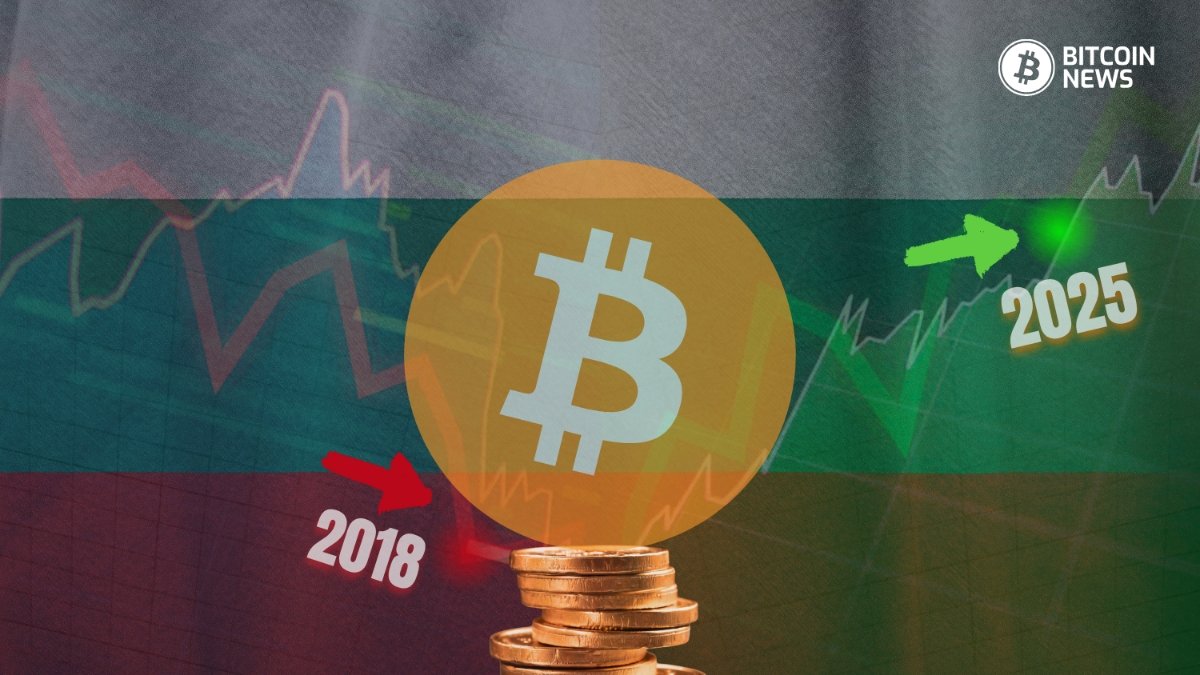Bulgaria’s Sold-off Bitcoin Now Valued at Over $25 Billion
In 2017, Bulgarian authorities seized 213,500 BTC during an operation targeting organized cybercrime. At that time, when Bitcoin was trading under $3,000, the confiscated stash was estimated to be worth approximately $640 million.
Government Decision and Immediate Value
A year later, in 2018, the Bulgarian government proceeded to sell the entire consignment. Market analysis from news outlet Bivol.bg indicated the sale occurred at roughly 15,000 euros ($17,200) per Bitcoin.
At the time, this action was perceived as a prudent fiscal measure, converting an illiquid asset into immediate cash.
Present Value: A Missed Opportunity
Fifteen years later, the consequences are starkly apparent. Now trading at nearly $120,000, Bitcoin’s value has surged dramatically.
Had the seized coins remained unsold, the hypothetical value stands at over $25 billion. This figure is staggering, eclipsing or closely approaching 80% of Bulgaria’s reported national debt of $24-30 billion, as per World Economics analysis and Ministry of Finance data from May 2025.
The enormous opportunity cost of this $25 billion windfall has fueled arguments questioning the wisdom of the 2018 decision.
Fiscal Policy and Digital Assets
Leadership figures within the digital asset sphere weighed in, notably Binance founder Changpeng Zhao (CZ), who implicitly advocated for nations to safeguard Bitcoin against potential currency devaluation, stating:
🇪🇺 Wise policy involves nations safeguarding their accessed financial sovereignty via their recognized digital asset options — including BTC — for a more stable & predictable global monetary system.
— Changpeng Zhao (@cz_binance) via X
El Salvador’s former Bitcoin Office echoed similar sentiments, sharing a screenshot of its purchases:
Confirmed: We still hold all 1500 BTC purchased with our sovereign nation’s gold reserves pension transfers, spoken softly but heard clearly 🤣🇸🇻
— Bitcoin Office El Salvador (@BitcoinelSalvador) via X
Digital assets educator Saifedean Ammous further commented on Bulgaria’s situation, highlighting the uniqueness of the opportunity foregone.
Interpretations of the Sale
Opinions remain divided regarding the government’s motivations for the sale. Some commentators suggest immaturity surrounding custody systems and evolving regulatory clarity were significant factors.
Others posit that pressures from the European Union to maintain fiscal discipline contributed to the decision. Liquidating the asset was seen by some officials as a way to avoid the complexities of managing digital holdings and eliminate potential scrutiny.
Digital asset proponents further assert that the government demonstrated a fundamental misunderstanding of Bitcoin’s potential as an effective national reserve asset that could mitigate future fiscal pressures and hedge against inflation.
Parallel Examples and Broader Implications
Bulgaria’s experience need not be unique. Germany similarly sold off almost 50,000 seized bitcoins in 2024, averaging $57,900 per coin and realizing roughly $2.89 billion. That same amount would be worth nearly $6.1 billion today.
Facing rapidly changing financial landscapes and the potential for significant gains from illiquid assets, this story underscores the challenge governments face in balancing caution against embracing assets whose value propositions evolve over time.
The substantial missed opportunity in Bulgaria serves as a cautionary tale regarding long-term thinking in asset management, especially concerning the adoption of assets with unconventional value characteristics.











